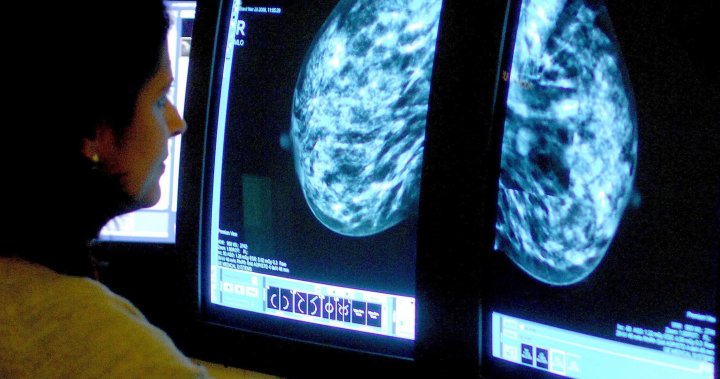
Studies that shaped Canada’s breast cancer screening guidelines ‘flawed,’ researchers say
Global News
A group of Canadian and American researchers has called into question the 1980s studies that shaped Canada's modern-day breast cancer screening guidelines.
A group of Canadian and American researchers say they’ve found “significant flaws” in the studies that shaped Canada’s modern breast cancer screening guidelines.
In a new commentary, they suggest lives have been lost because of methodology errors in two Canadian trials, which found mammograms for women in their 40s did not reduce death rates from breast cancer.
Seven other trials conducted around the world, however, found the opposite: mammograms for women did reduce mortality rates in that age group.
“It is heartbreaking to know that women’s lives have been lost due to the influence of these flawed studies on screening policies,” Dr. Paula Gordon, radiology researcher and clinical professor, said in a University of British Columbia news release on Wednesday.
The commentary paper was authored by Gordon and colleagues at the Toronto-based Sunnybrook Research Institute, the Ottawa Hospital, the University of Alberta and Harvard Medical School. It was published in the Journal of Medical Screening this week.
The 1980s study, known as the Canadian National Breast Screening Study (CNBSS), had two trial groups, but the paper says most women had a clinical breast exam prior to being placed in the groups.
They should have been placed in the trial groups randomly, but in some cases, their breast exam results influenced which group they were put in, authors claimed, citing staff interviews and whistleblower testimony among other forms of evidence.
More women who were already sick with cancer ended up in the group that received mammograms, they said. Over seven years, more of those women died than in the group with fewer sick women, supporting a study “bias” against the effectiveness of mammograms in preventing death, over routine care and physical examinations.
